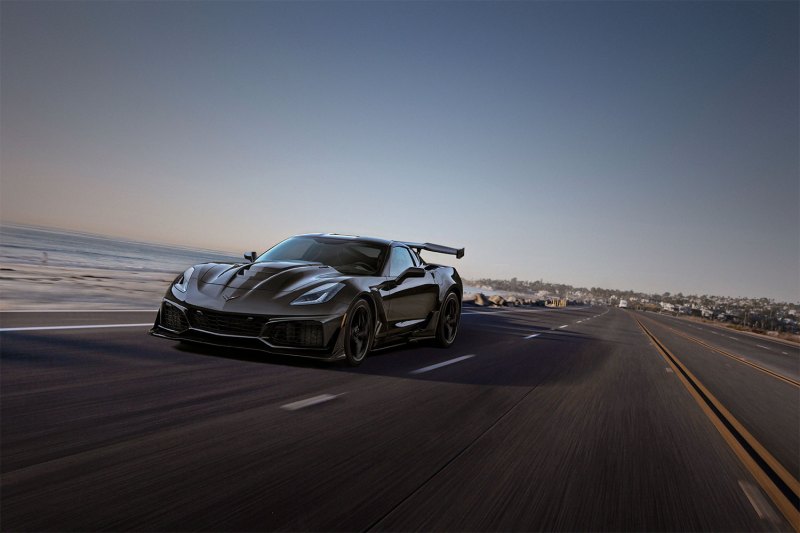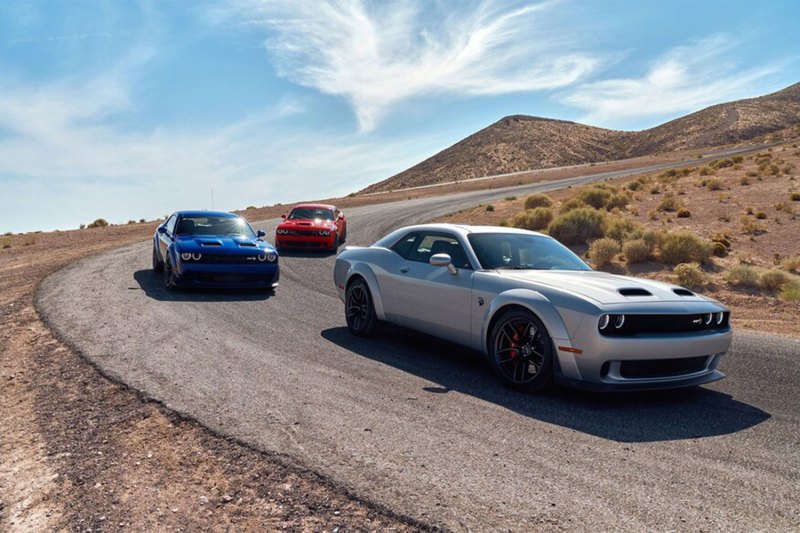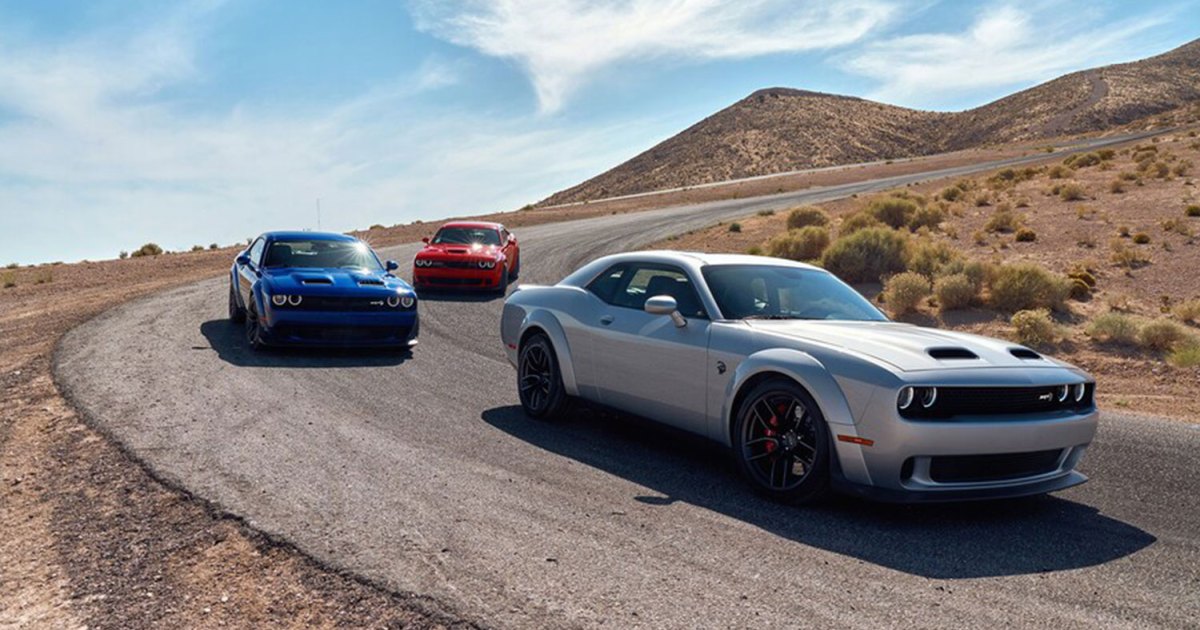When Dodge introduced the Challenger SRT Hellcat, it knowingly initiated a horsepower war for practically all modern sporty cars to participate in. Before, it was all about lap times around the Nürburgring. At some level, those lap times still count, but horsepower now reigns supreme. Following in the wake of the Hellcat twins, Ford now offers a Shelby GT500 Mustang that pumps out 760 horsepower and the most powerful car BMW sells is rated at 627 horsepower. Whether you want an SUV, sports car, sedan, or wagon, getting 600 horsepower in a modern car is easier than ever. While you can get a vehicle with enough power to shake a flat-earther’s faith, should you?
Related Reading
When people find out that I write about cars, the first question they usually ask me is: What car would you buy if money wasn’t an option? Usually, my answer is the Mazda MX-5 Miata and I’m usually met with disbelief. Some expect me to pick some insane supercar or a multi-million dollar one-off. That’s not my style. The thing about the Miata is that it’s simple, affordable fun that manages to be enjoyable at any speed on any road. Those things are crucially important to me.
After testing the Toyota GR86 and the GR Supra – two sports cars at opposite ends of the spectrum in Toyota’s lineup – back to back, I came away with a lingering question: Exactly how much horsepower does a sports car have to have? The GR86, similar to the Miata, is a sports car that puts handling above raw power. It’s the same amount of fun at 25 mph just as it is at 80 mph. For the record, the GR86 has just 228 horsepower.
The GR Supra, on the other hand, doesn’t get fun until you get around 50 mph. It’s just so capable and fast, that you’re going well above the speed limit before you are able to enjoy the sports car. There’s also the whole manual-versus-automatic transmission debate, but that’s for another day. When it comes to outright horsepower, the GR Supra has a 154-horsepower edge over the GR86 or the same as a small chasm in the sports car realm.
Here’s the thing. If you’re being brutally honest, the GR86 is in desperate need of more power. While it’s fun at all speeds, you’re wringing the poor thing’s neck out in daily functions, like getting up to highway speeds or trying to pass a family in a minivan. Once you get comfortable with how a rear-wheel-drive sports car handles, you’ll be yearning for more power from the GR86. Sure, 228 horsepower in the GR86 is enough. It’s certainly not ideal, though.
The GR Supra’s current figure of 382 horsepower is close to being the perfect amount on public roads. It’s just enough to where it feels quick and you’re not wanting more, but jail time is still a little bit away. Safe, but enjoyable, that’s the sweet spot.

So, when people start shouting about how their Chevrolet Camaro ZL1 has 650 horsepower or how they’re able to control their ferocious Chevrolet Corvette ZR1’s 755-horsepower engine with just their big toe, it’s just pointless noise. Because anything over 400 horsepower on public roads is useless.
On public roads, vehicles with around 400 horsepower fall into the perfect sweet spot of offering useable performance that’s actually enjoyable. So, things like the Ford Mustang GT, Chevrolet Camaro SS, Dodge Charger R/T Scat Pack, Toyota GR Supra, Porsche 718 Cayman, BMW M2 Competition, Mercedes-AMG C63, BMW M4, and Porsche 911 Carrera S all fall into this category.
Why is around 400 horsepower the sweet spot? For one, it’s more than enough power for public roads, so you won’t be hunting for more grunt anytime soon. Take the GR Supra, for instance. The sports car only takes 3.7 seconds to get to 60 mph from a standstill. That means, in the majority of states, you’ll be going well above the posted speed limit and onto getting a large ticket in just a few seconds.
Two, vehicles with crazy amounts of power are scary to drive on public roads. I remember driving the Dodge Challenger SRT Hellcat Redeye a few years ago and it was too much of a handful. With the red key and the full 797 horsepower, anything past a quarter throttle meant wheel slip. On public roads where there are bumps, cracks in the pavement, rocks, animals, pedestrians, and other drivers, trying to manage 797 horsepower in a fun, safe way is too much effort and saps away from the enjoyment. You never know what’s around a corner on a public road and having too much power adds another hurdle into the driving experience.

If you’re looking for a vehicle that will see some track duty, sure, go nuts. On smooth tarmac with corner marshals and experienced drivers, 600 horsepower is a hoot. But even then, you’ll have trouble finding a track with the kind of straight to fully wind out a car. So, at some level, insane horsepower is just a bragging right.
If you’re asking me, I’d rather have a car that puts a pure driving experience above raw power, which is why the Miata is my answer to what vehicle I would realistically purchase and not a Shelby GT500. But the majority of people aren’t interested in that. That’s why 400 horsepower is the sweet spot where you can learn to manage the power, have fun, and grow with the vehicle. People tend to get bogged down by numbers instead of focusing on the way a sports car feels.
Saying you have a 600-horsepower car will earn you brownie points with your friends and family. Having a car that you can actually enjoy and not have to worry about wrapping around a tree or whether a police officer is hiding in a bush somewhere down the road is worth an infinite amount of smiles. One is clearly better than the other.
Editors’ Recommendations




